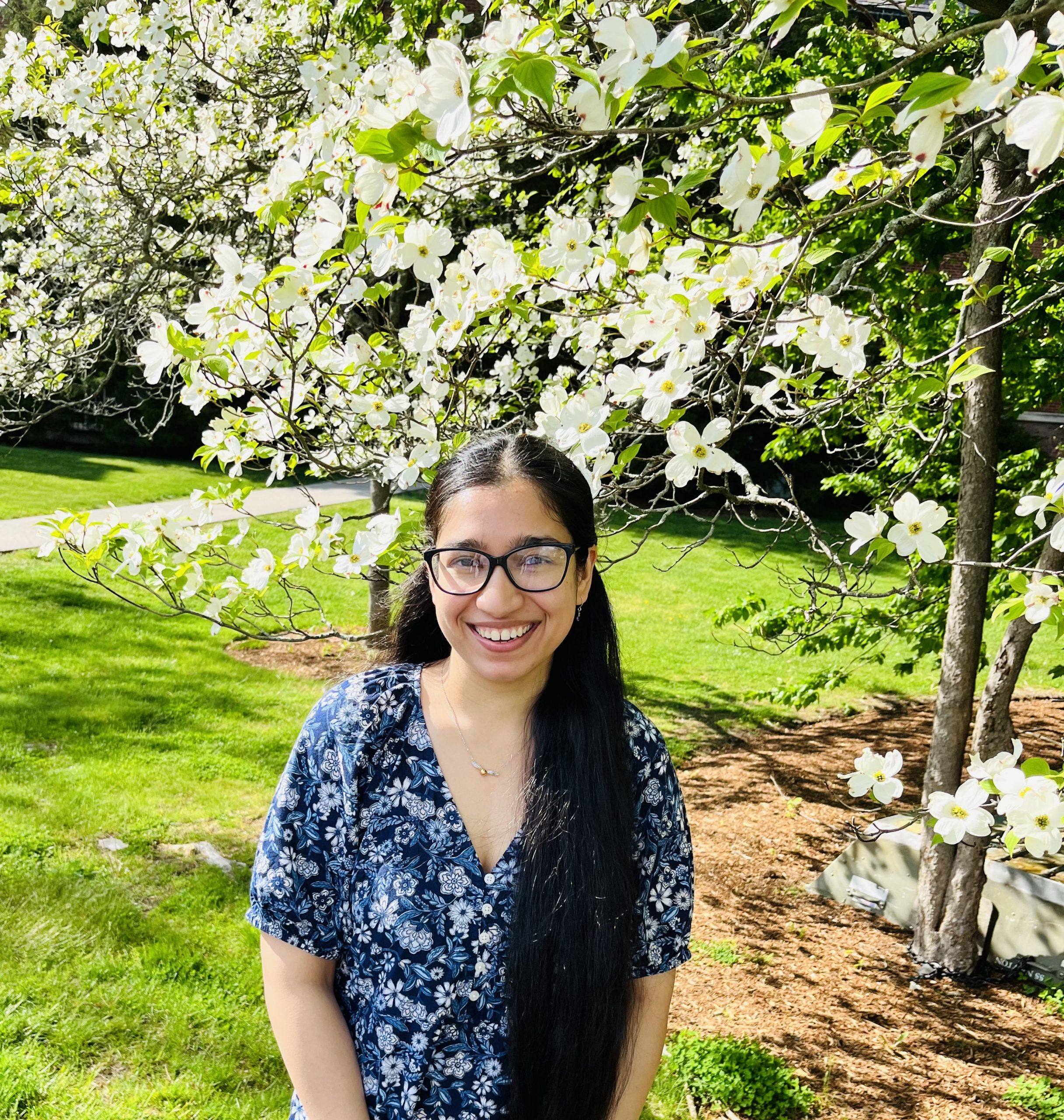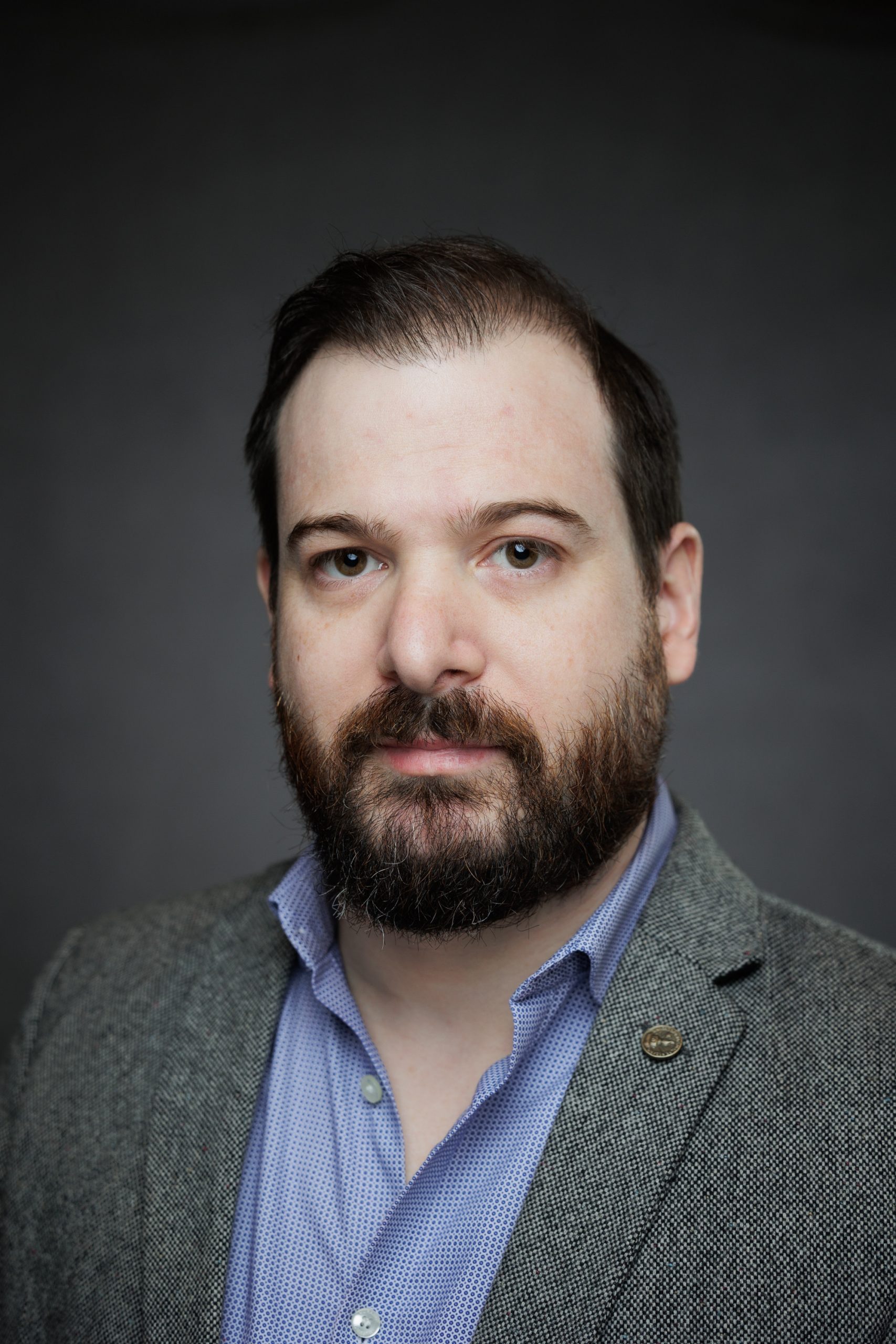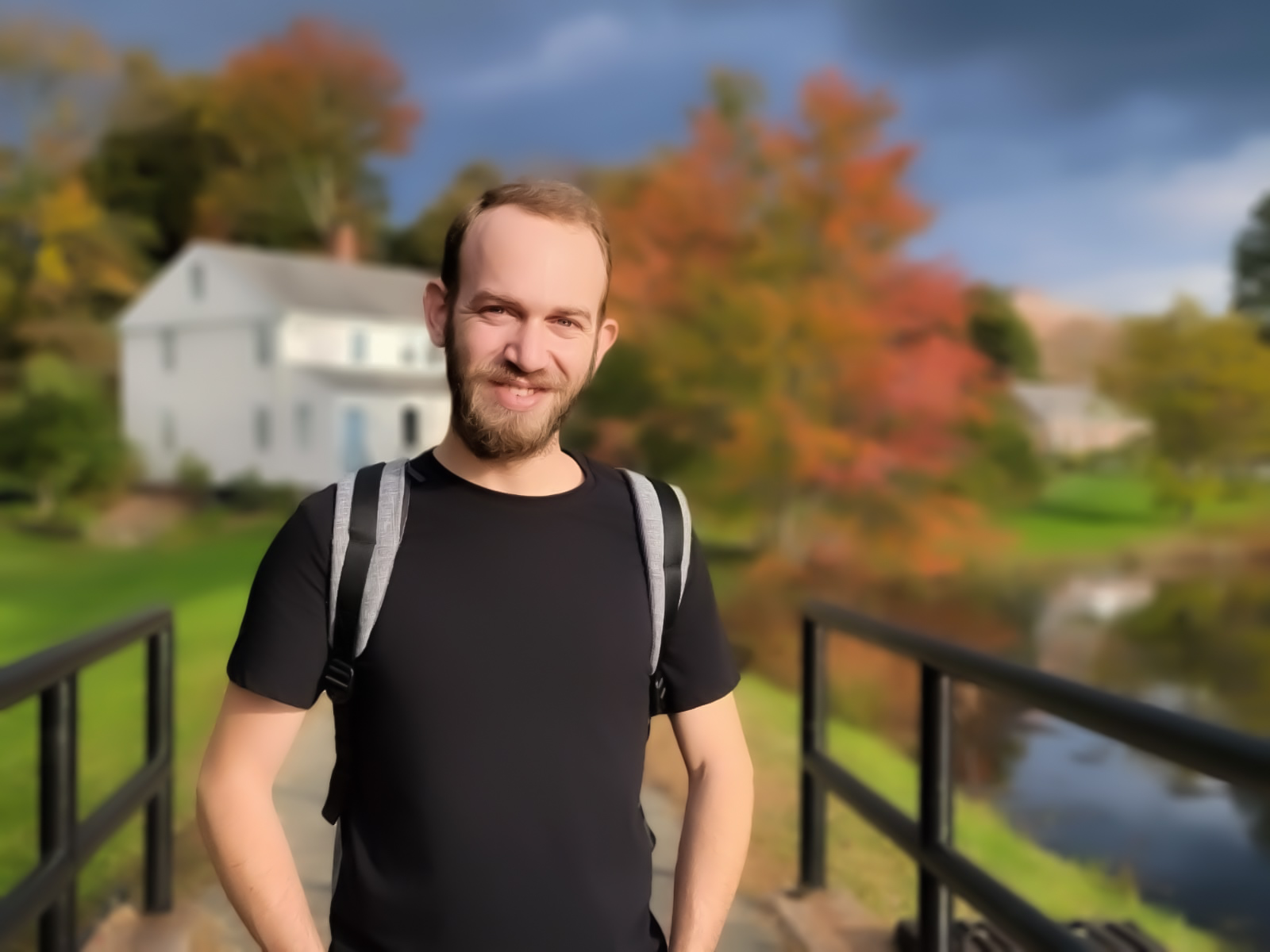Utku Sonsayar
ECOM Manager, Graduate Student, Philosophy, University of Connecticut
Utku's lies within the intersection of philosophy of language, philosophy of mind and cognitive science. I am interested in the following topics i) acquisition of speech acts and other pragmatic phenomena, ii) structural approaches to consciousness and iii) the relationship between number acquisition and acquisition of quantifiers. Moreover, I am particularly interested in how empirical findings can vindicate philosophical theories within philosophy of language and philosophy of mind.
Megha Arora
Graduate student, Philosophy, University of Connecticut
Megha’s research interests lie in epistemology, social and political philosophy and ethics, specifically in social epistemology and feminist epistemology. She is interested in questions that focus on studying the oppressive systems that hinder knowledge creation by marginalized communities. At ECOM, Megha investigates the issues of coercion, fear and their effects on shared agency and joint action.

Nimra Asif
Graduate student, Philosophy, University of Connecticut
My research interests include philosophy of mind, philosophy of science, and philosophy of language. My current research focuses on theory of mind in non-human animals and infants and the evolutionary relationship between language and theory of mind. My secondary interests include political epistemology and the role of science in public policy.

Michael Hegarty
Postdoctoral Research Fellow, Philosophy, UMass (Boston)
Michael's research is primarily in Philosophy of Mind. He works on intentionality, mental representation, perception, animal minds, and self-consciousness. Michael's PhD project applies recent work on nonconceptual self-consciousness to the problem of understanding the emergence of human rationality from its animal precursors. The project takes an interdisciplinary approach by incorporating work from cognitive science, psychology and evolutionary biology.

Robin Jenkins
PhD Candidate, Linguistics, University of Connecticut
Robin's areas of research interests include natural language semantics and pragmatics. His research includes the semantics of modals and attitude verbs.

Özcan Karabağ
PhD Candidate, Philosophy, University of Connecticut
Özcan's research interests include logic, philosophy of logic, and philosophy of mathematics, but he also works on problems in the philosophy of language. His research in logic focuses on the various conceptions of logical consequence, both model-theoretic and proof-theoretic. His research in the philosophy of mathematics focuses on the notion of potential infinity in theories of arithmetic and set theory.
Nathan Lautz
Graduate Student, Psychology, University of Connecticut
Nathan’s interests and research have to do with the nature of the conceptual system. How is meaning, at the conceptual level, represented in the mind? How do we come to categorize our experiences? To what extent are the properties of the human conceptual system shared across species, and how do these differences and commonalities affect communication? Influenced by a form of grounded/embodied cognition, which asserts that concepts are instantiated, at least partly, in sensorimotor and affective systems, Nathan uses behavioral and cognitive neuroscientific methods to investigate some of these questions. He also has interest in the philosophy of mind (e.g., the nature of mental representation and the problem of naturalizing intentionality) and the philosophy of science/metaphysics (e.g., mechanistic accounts of explanation and the nature of causation in complex systems).

Joel Lorenzatti
Graduate Student, Philosophy, University of Connecticut
Joel studied philosophy at the National University of Rosario and the University of Buenos Aires. Upon graduation, he worked both as a lecturer in the areas of history and philosophy of science and as a grantee at the National Scientific and Technical Research Council, Argentina. In 2018 Joel was awarded the Fulbright Scholarship for pursuing graduate studies in the United States. He currently resides in Storrs, Connecticut, where he is a graduate student and graduate teaching assistant at the University of Connecticut. His interests include history and philosophy of science, philosophy of biology, and philosophy of cognitive science.

Amit Pinsker
Graduate Student, Philosophy, University of Connecticut
I received my BA in philosophy and the Amirim humanities honors program from the Hebrew University, and studied towards an MA in philosophy there prior to arriving at UConn. My main areas of interest are logic, philosophy of language, and rationality.

Jason Tosta
Graduate Student, Philosophy, University of Connecticut
Jason's primary areas of research are in epistemology, philosophy of mind, and philosophy of language. HIs current research concerns how social meaning is used to justify belief and action, and the role that imagination plays in our ability to express our experiences to other people.
Graduate Student, Philosophy, University of Connecticut

Graduate Student, Psychology, University of Connecticut

